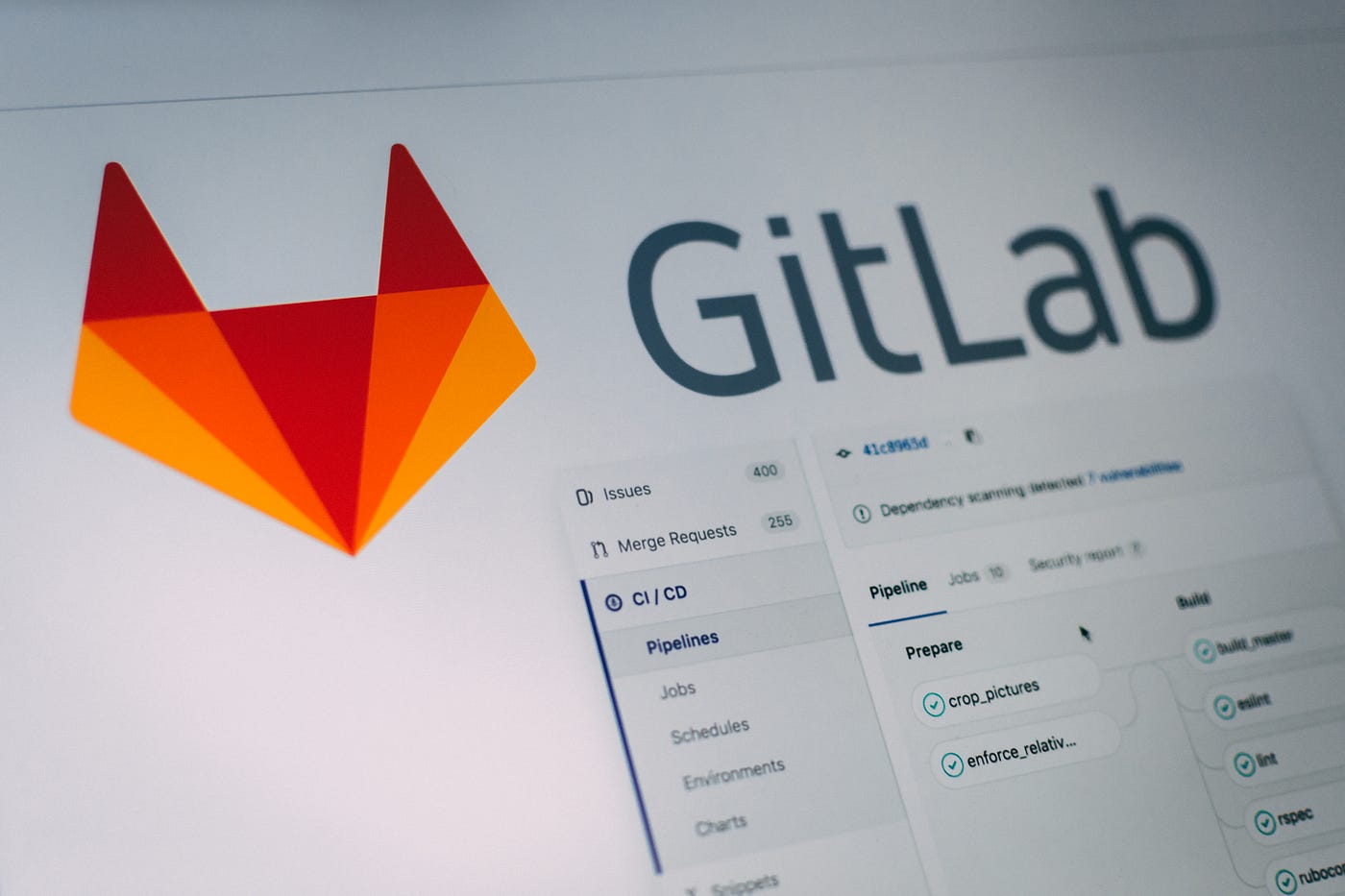GitLab is like a superhero tool for teams making computer programs. It helps them work together smoothly, keeping their code organized like puzzle pieces fitting perfectly. GitLab also acts as a smart organizer for projects, making plans and checking if everything is on track. It’s like a magical friend that ensures their computer adventures are perfect, from writing code to showing it off to the world.
Issues associated with Project management
- Unclear goals lead to confusion and misdirection within the project.
- Communication breakdowns cause delays, misunderstandings, and potential project failure.
- Insufficient resources, whether manpower, time, or budget, hinder project progress.
- Sneaky scope creep occurs when additional tasks are added without evaluation.
- Ongoing risk management is essential to identify and mitigate potential issues.
- Technology hurdles, like outdated tools, can hinder collaboration and processes.
Why GitLab for Project Management?
GitLab is a Project Management tool for my projects. It’s a special place where I keep all my computer codes super organized. It helps me and my friends work together without any confusion. We plan our projects, fix mistakes in our codes, and even have a robot friend who checks if everything works perfectly. GitLab makes everything easy and fun, like having a magical buddy who makes sure our computer adventures are the best they can be!
Benefits of using GitLab for Project Management
- Unified platform for version control, code review, and project planning.
- Continuous integration and delivery automate testing and deployment for efficiency.
- Issue tracking enhances organization, progress monitoring, and bottleneck identification.
- User-friendly interface simplifies project management complexities for seamless collaboration.
- Accelerates development cycles, maintaining code quality for reliable software releases.
- Promotes efficient communication, ensuring everyone is on the same page.
- Organized system for task management, progress tracking, and workload visibility.
- Intuitive design fosters collaboration, making it easy for team contributions.
- High-quality software delivery with confidence through integrated project management.
- Streamlines the development process, making project management a seamless experience.
Disadvantages of GitLab
- Learning Curve: GitLab’s extensive features may pose a learning challenge for new users.
- Resource Intensive: The platform’s high system requirements may impact performance, especially for smaller teams.
- Maintenance Burden: Self-hosted GitLab instances require regular updates, security patches, and backups.
- Integration Challenges: Some specific tools may not seamlessly integrate with GitLab, affecting workflows.
- Complex Collaboration: On larger projects, the abundance of features might overwhelm users, impacting efficiency.
Alternatives Project Management tools like Gitlab for Developers
There are lots of tools for computer builders (developers) besides GitLab.
- GitHub: It’s a famous tool where developers work together on projects.
- Bitbucket: Another tool like GitLab, helps manage code and projects.
- GitKraken: It’s a friendlier tool that makes working with code easier.
- Jira: This tool helps plan and track work on software projects.
- Azure DevOps: A Microsoft tool that helps with code, project, and release.
- SourceForge: It’s a place for open-source projects to manage their work.
- Asana: Though not just for developers, Asana helps teams organize tasks.
- Trello: Good for smaller projects, it uses boards and cards.
- Redmine: An open-source tool helping with issues, projects, and information.
- Phabricator: A tool known for reviewing code and managing projects together.
Conclusion
GitLab is a handy tool, that organizes projects and makes coding fun. Yet, project management has challenges like unclear goals and resource issues. GitLab’s benefits include seamless collaboration, but there are downsides like a learning curve. Alternatives like GitHub and Bitbucket offer diverse options for developers, each with unique features. Choosing the right tool depends on the team’s preferences and project needs.


